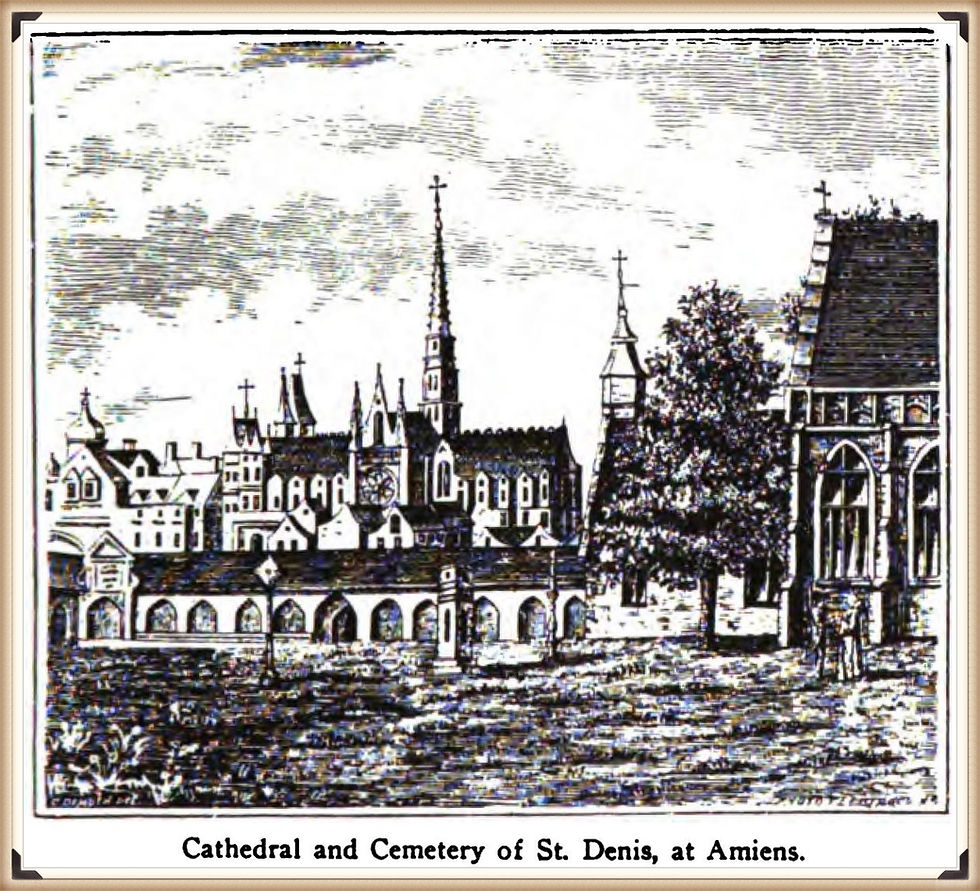Picard society was always exceedingly impressionable and excitable. But at Amiens its good and bad elements assumed the most positive forms. It was a centre of political factions and sinister plots; and it was this spirit, long fostered among the nobility, that arrayed itself against the ministry of Concini; only just failed, in 1636, to assassinate Richelieu during the siege of Corbie: and, in 1649, plunged his successor, Mazarin, in the war of the Fronde: a war, by the way, in which the Huguenots, by keeping neutral, won praise from the minister.
But with a people, or society, so irascible, it made an element in the dangers which beset the Reformed; dangers which were now daily thickening by reason of the cruel proscription designed to crush them. And religious antagonisms needed but slight incentive to leap forth into activity. If the Huguenots, when assailed by brute force dare stand and defend themselves, it often led to a bloody collision such as that which obliged one of our refugees to escape for his life. Daniel Tourneur, with other Reformed (according to Tourneur's version of it, - which we see no reason to question), had been attending a burial at Amiens, when some of the Catholics made a wanton attack upon them. The pretext we know not; but Huguenots were debarred from using the common cemeteries. However, Tourneur, young and spirited,- in his veins his blood of the old Picard lords De Tourneur, one of whom fought under William the Conquerer at Hastings,-drew his sword, as did others, in self-defense, when some of the assailants were slain. Tourneur being charged with the death of one Tilie Maire, he found it best to take a sudden leave. Marc Disosway, who seems to have known of the affair at its occurrence, made quite a stir about it at Harlem in after years, when he and Tourneur happened to be at variance.

This article and the illustration is an excerpt from pages 62-63 of "Revised History of Harlem (City of New York): Its Origin and Early Annals", by James Riker, Henry P. Toler, and Sterling Potter, 1904. [Link]

Comments